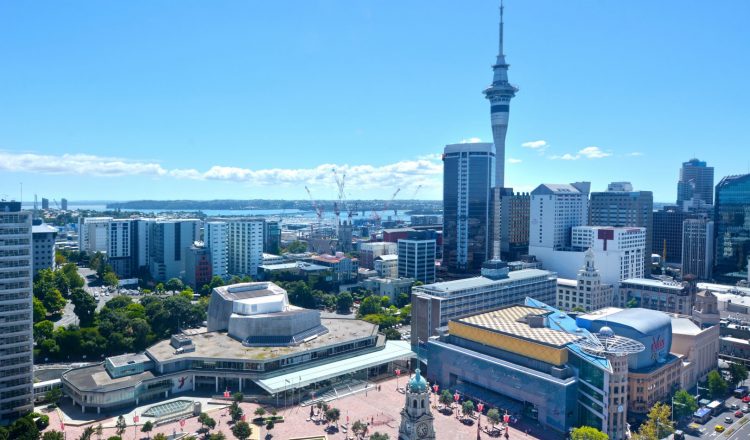Economy
The economy of New Zealand is a highly developed free-market economy.It is the 51st-largest national economy in the world when measured by nominal gross domestic product (GDP) and the 67th-largest in the world when measured by purchasing power parity (PPP). New Zealand has a large GDP for its size and population. The country has one of the most globalised economies and depends greatly on international trade – mainly with Australia, Canada, China, the European Union, Japan, Singapore, South Korea and the United States. New Zealand’s 1983 Closer Economic Relations agreement with Australia means that the economy aligns closely with that of Australia.
New Zealand’s diverse economy has a sizable service sector, accounting for 63% of all GDP activity as of 2013. Large-scale manufacturing industries include aluminium production, food processing, metal fabrication, wood and paper products. Mining, manufacturing, electricity, gas, water, and waste services accounted for 16.5% of GDP as of 2019. The primary sector continues to dominate New Zealand’s exports, despite accounting for only 6.5% of GDP as of 2019. The information technology sector is growing rapidly.
The major capital market is the New Zealand Exchange (NZX). As of February 2019, NZX had approximately 400 listed securities with a combined market capitalisation of NZD $170 billion. New Zealand’s currency, the New Zealand dollar (informally known as the “Kiwi dollar”) also circulates in four Pacific Island territories. The New Zealand dollar is the 10th-most traded currency in the world.

















































